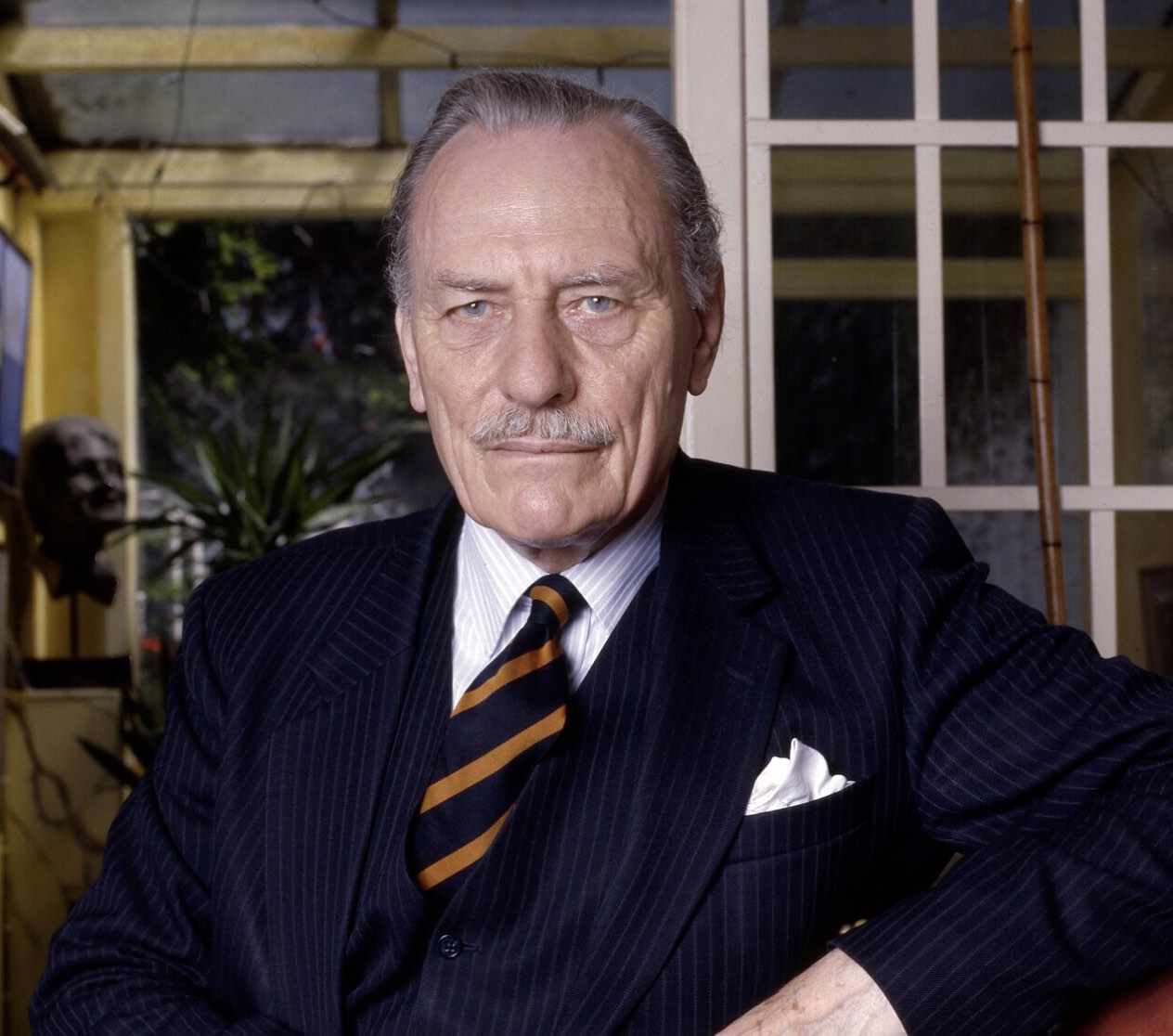


Yet, as Britain grapples with spiralling violence, cultural fragmentation, and a sense of national unease that no politician dares to name, the uncomfortable truth is this: Enoch Powell was right.
When Powell stood before the Conservative Political Centre in Birmingham in 1968 and delivered what would become known as the “Rivers of Blood” speech, he did not do so with a careerist gleam in his eye. He was not hunting for headlines. In fact, it cost him dearly. He was dismissed from the shadow cabinet and branded a pariah by the very establishment that once lauded his intellect and service.
Unlike today’s political performers who contort themselves for the approval of the Twitter mob or the adoration of broadcasters, Powell operated in an era where grifting was not a currency. He didn’t crave applause. He wasn’t there to “go viral.” He stood up because he believed the British people deserved to know what was coming.
And he told them.
He warned of a country overwhelmed—not just in terms of numbers, but by the collapse of social cohesion, the corrosion of shared values, and the imposition of alien customs that would erode Britain’s very identity. In place of sober debate, he was met with slogans. In place of rebuttal, he was met with revulsion.
The political class assured us he was wrong. That mass immigration would enrich us. That diversity would be our strength. That British values were robust enough to weather any storm of demographic upheaval. Now, half a century later, we can see clearly that the storm arrived—and it has left devastation in its wake.
Ask the residents of towns transformed beyond recognition. Ask the elderly Britons who no longer recognise the high streets they grew up with, who are made to feel foreigners in the country they once called home. Ask the victims of knife crime in London, where the lawless roam with impunity and the police are more concerned with hate speech than actual violence.
Britain today is not the Britain Powell knew. Nor is it one his generation would have willingly handed down. We live in an age where multiculturalism is promoted not as a reality to be managed, but as a virtue to be worshipped—never questioned, never challenged, and certainly never debated. To do so invites accusations of racism, xenophobia, or worse. Meanwhile, crime soars, trust diminishes, and our political leaders offer little beyond empty gestures and technocratic non-solutions.
It is not “racist” to point out that mass immigration has failed. It is not bigotry to say that when people arrive in vast numbers from cultures with entirely different values, tensions are inevitable. What is bigotry is the condescension shown by the liberal elite towards working-class Britons who have borne the brunt of this transformation—who were never consulted, never asked, and never given a choice.
Powell understood that a nation is more than a collection of economic units. It is a cultural and moral community. Shared language, shared values, shared history—these are the bonds that hold a country together. Break them, and chaos follows.
Today, our cities suffer from gang violence, acid attacks, honour killings, and grooming scandals—words and phrases that would have been foreign in post-war Britain. The jungle Powell feared is not metaphorical anymore. It is all too real. In some quarters of Britain, it is the law of the strong that prevails, not the law of the land.
And what is Westminster’s answer? More platitudes. More community outreach. More funds for schemes that do little more than paper over the cracks. The truth, which Powell grasped decades ago, is that a house divided against itself cannot stand. And Britain, tragically, is deeply divided—by culture, by class, and by fear.
It would be easy to dismiss these warnings as nostalgia for a country that no longer exists. But such dismissal is the lazy refuge of those too afraid to face the truth. We are not calling for a return to the 1950s. We are calling for a country that knows who it is, what it stands for, and who it exists to serve.
The answer is not simple. Nor is it comfortable. But it begins with honesty—a trait long absent in British political discourse. We must be honest about the consequences of untrammelled immigration. Honest about the failure of multiculturalism. Honest about the need to reaffirm our identity, our laws, and our values unapologetically.
Powell paid a price for his honesty. But in doing so, he left behind a warning—one which we ignored at our peril. We cannot afford to continue pretending that the status quo is sustainable. If Britain is to remain a coherent, safe, and sovereign nation, the time for platitudes has passed. Dangerous times lie ahead. And if we are to navigate them, we must find the courage—not just to remember what Powell said, but to reckon with the truth of it.
Main Image: – Own work, via Wikipedia.